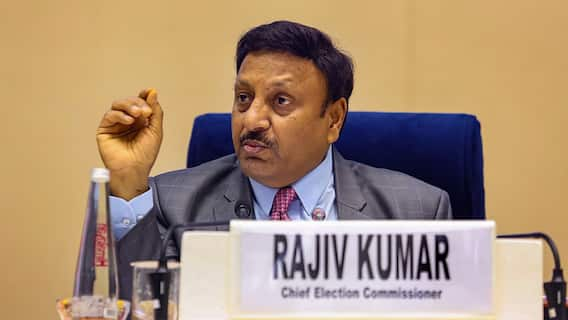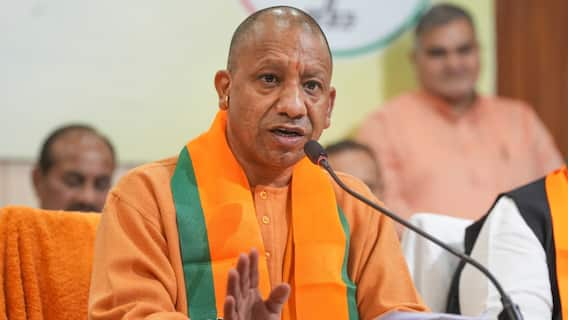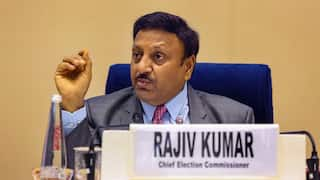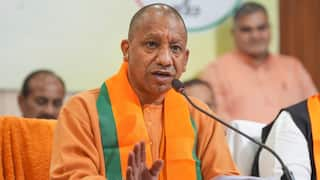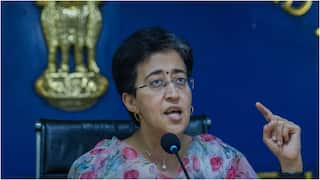Japan's Former Foreign Minister, Fumio Kishida, Set To Become Next PM
The new leader of the Liberal Democratic Party had more support from party heavyweights who apparently chose stability over change advocated by Kono.

New Delhi: The former foreign minister of Japan, Fumio Kishida has ascended to become the Prime Minister of Japan. Kishida replaces outgoing party leader Prime Minister Yoshihide Suga, who is stepping down after serving only one year since taking office last September.
Kishida narrowly beat vaccinations minister Taro Kono by only one vote ahead of him in the first round where none of the four candidates, including two women, was able to win a majority.
ALSO READ: Boxer Manny 'PacMan' Pacquiao Retires, Thanks Fans In A Heartfelt Video. Plans To Run For Prez
The new leader of the Liberal Democratic Party had more support from party heavyweights who apparently chose stability over change advocated by Kono.
Now the challenge that is in front is that the long-ruling conservative Liberal Democratic Party desperately needs to quickly turn around plunging public support ahead of lower house elections coming within two months.
Kishida has no time to settle into his new role, he is under pressure to change the party's high-handed reputation worsened by Suga, who angered the public over his handling of the coronavirus pandemic and insistence on holding the Summer Olympics in Tokyo.
Kishida is also seen as a choice who could prolong an era of unusual political stability amid fears that Japan could return to revolving door leadership.
Overall, little change is expected in key diplomatic and security policies under the new leader, said Yu Uchiyama, a political science professor at the University of Tokyo told AP.
"The concern is not about individuals but the stability of Japanese politics," Michael Green, senior vice president for Asia at the Center for Strategic and International Studies, told AP a telephone briefing ahead of the vote.
It's about whether or not we are entering a period in Japanese politics of instability and short-term prime ministership, he said.
Trending News
Top Headlines





